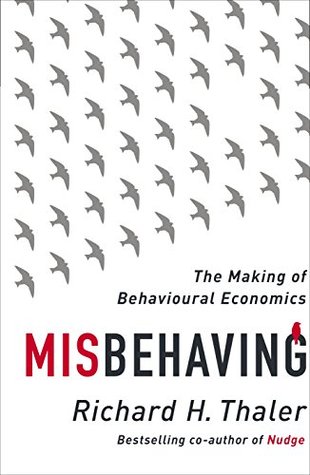More on this book
Community
Kindle Notes & Highlights
Read between
December 6, 2021 - April 10, 2022
“Oh, the best thing about Thaler, what really makes him special, is that he is lazy.”
Let a six-year-old girl with brown hair need thousands of dollars for an operation that will prolong her life until Christmas, and the post office will be swamped with nickels and dimes to save her. But let it be reported that without sales tax the hospital facilities of Massachusetts will deteriorate and cause a barely perceptible increase in preventable deaths—not many will drop a tear or reach for their checkbooks.
The hospitals stand in for the concept Schelling calls a “statistical life,” as opposed to the girl, who represents an “identified life.”
people’s happiness—or utility, as economists like to call it—increases as they get wealthier, but at a decreasing rate. This principle is called diminishing sensitivity.
“This is illustrated by the story of the farmer who would never mend his leaky roof. When it rained, he could not stop the leak, and when it did not rain, there was no leak to be stopped!”
“If you gouge them at Christmas they won’t come back in March.”
The purely economic man is indeed close to being a social moron.
A few scattered unexplained facts are not enough to upend the conventional wisdom.
Worldly wisdom teaches that it is better for reputation to fail conventionally than to succeed unconventionally.”
If there is a number, people will use it.
Peter Principle: people keep getting promoted until they reach their level of incompetence.
When dealing with Humans, words matter.
“If you don’t write it down, it doesn’t exist.”
When your opportunity costs are low, it pays to take risks and speak up,
Good leaders must create environments in which employees feel that making evidence-based decisions will always be rewarded, no matter what outcome occurs. The ideal organizational environment encourages everyone to observe, collect data, and speak up.


